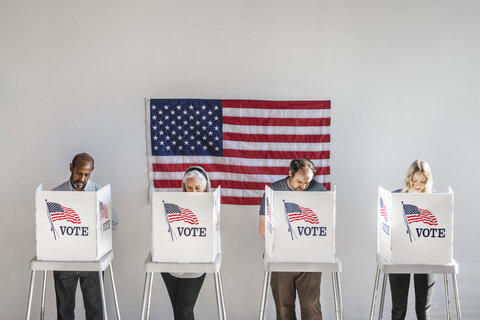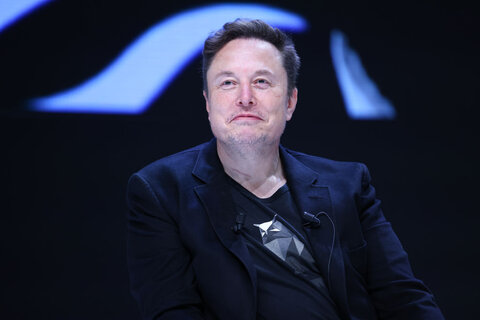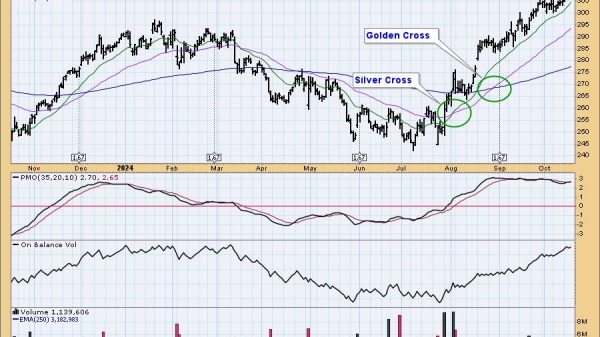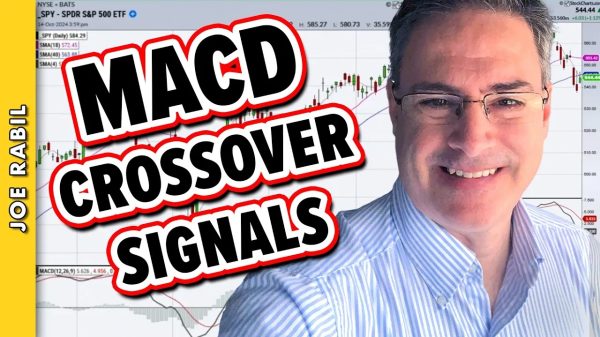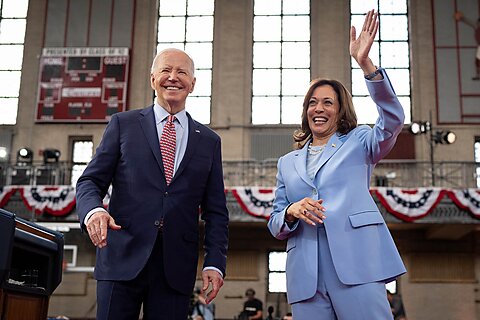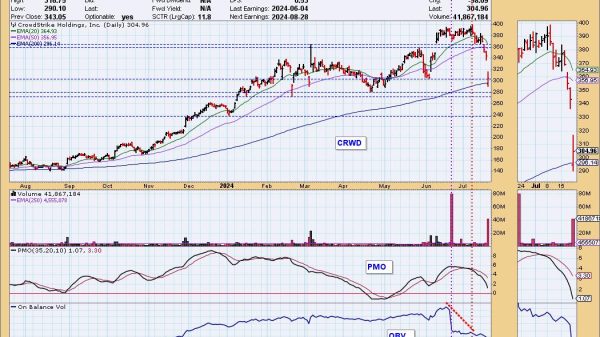
The Committee on Health, Education, Labor, and Pensions, chaired by Senator Bernie Sanders (I‑VT), held a hearing on Tuesday in which he asked the CEO of Novo Nordisk why its diabetes and weight loss drugs, Ozempic and Wegovy, cost much less in Europe than in the United States. Senator Sanders reflected popular sentiment when he said, “Treat the American people the same way that you treat people all over the world. Stop ripping us off.”
Why do drug prices vary across countries? An article in the Fall issue of Regulation offers some insight from economists.
The knowledge embodied in pharmaceuticals is a global public good. The incentives are for all countries to avoid the fixed costs of drug development and clinical trials and pay only the marginal costs of producing a drug. The demand for health care increases with income and population, so the worst-case possibility is that the richest and largest country—the US—pays all the fixed costs of drug development, and all other countries free ride and pay only the marginal costs.
The authors gathered data on sales revenue and compared the revenue to estimates of marginal cost to calculate each country’s contribution to the fixed costs of drug development. They conclude that a country’s GDP explains 83 percent of the variation in contributions across countries and the effect of income is greater than proportional. A country with a 100 percent higher GDP contributes 129 percent more to pharmaceutical R&D.
So, the U.S. does contribute disproportionately to drug development costs. The rest of the world’s contribution is not zero but is less than would be predicted by income and population alone.
The authors conclude: “Our findings indicate prospective gains from international cooperation—from formal or informal international agreements among high-income countries. If other wealthy countries agreed to contribute more to the global public good, they, and the world, would benefit.”

